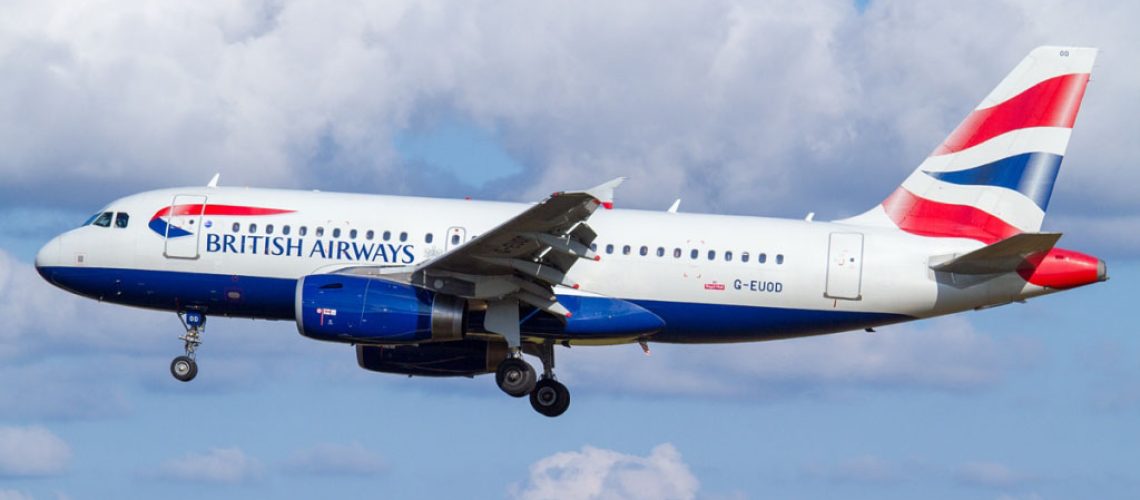Project Speedbird, a partnership between Nova Pangaea Technologies, British Airways, and LanzaJet that aims to develop cost-effective sustainable aviation fuel (SAF) for commercial use in the UK, is due to start earlier. IAG, the parent company of British Airways, has announced an investment in the project that will facilitate the next development phase for aviation decarbonisation.
Project Speedbird was initially granted nearly £500,000 by the Department for Transport’s (DfT) Green Fuels, Green Skies competition to fund an initial feasibility study for the early-stage development of the project. It targets annual production of 102 million litres of SAF from sustainably sourced agricultural and wood waste.
“Project Speedbird is another great step towards our mission to reach net zero carbon emissions by 2050 or sooner and achieve our target of using SAF for 10% of our fuel by 2030. With further investment and continued government support, Speedbird will be a key and pioneering project in the production of SAF here in the UK,” said British Airways Sustainability Director Carrie Harris.
The partnership has submitted an application for the DfT’s Advanced Fuels Fund grant for further funding to support continued development of the project. Construction work for the SAF production facility is expected to begin early next year in North East England, with delivery of the end product anticipated by 2026.
Once operational, it will be the UK’s first facility to produce SAF using agricultural and wood waste. The SAF will be produced using Nova Pangaea’s REFNOVA process that converts agricultural and wood waste into bioethanol and biochar. Later, the bioethanol will be converted into SAF and renewable diesel using LanzaJet’s proprietary and patented alcohol-to-jet (ATJ) technology.
Moreover, project Speedbird is also expected to create significant employment opportunities in the North East of England. British Airways, the flag carrier of the UK, looks to procure all the SAF produced by the facility to power some of its flights. The SAF produced would reduce carbon emissions on a net lifecycle basis by 230,000t per year.


